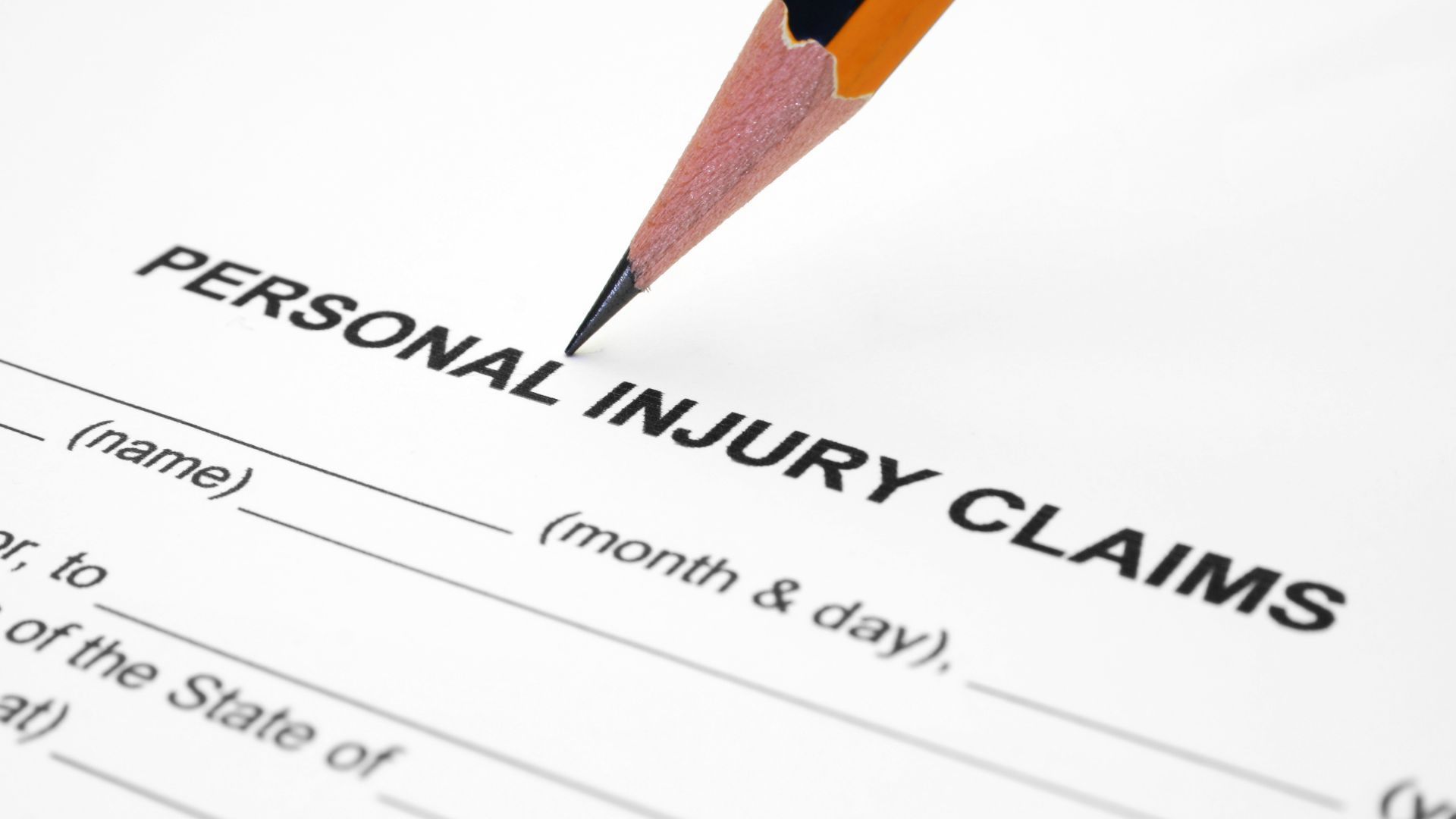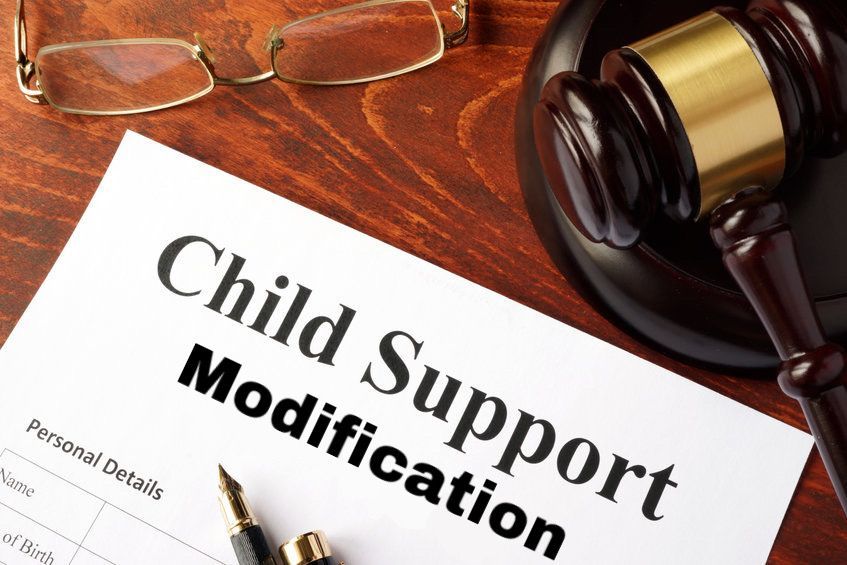Injured By a Police Officer? Here’s How You Get Compensated.
Any encounter with the police can be scary, particularly if you live in a neighborhood with a strong police presence or are part of a group that sometimes faces hostile treatment from officers. Despite this fear, your rights deserve to be protected, and there is no room in the Rhode Island judicial system for police misconduct. If you suffered an injury during an encounter with the police, you might be entitled to compensation. So it is critical that you contact an experienced Rhode Island attorney to help you fight back and win.
Civil Action for Deprivation of Rights
42 U.S.C. §1983, or the Civil Action for the Deprivation of Rights Act (“CADRA”), lets Rhode Islanders sue the police if they incur injuries because officers violated their rights. The most common lawsuits under the CADRA involve:
- The 4th Amendment- Violations of §1983 occur when the police injure a person during a false arrest, an unconstitutional search, or because they used excessive force during an encounter with a citizen.
- The 1st Amendment - If the police try to interfere with a person's right to free speech or religion by improperly arresting them for protesting or handing out information and that interference results in injury, then a violation of CADRA may have also occurred.
- 14th Amendment Due Process - Violations of CADRA under the 14th Amendment generally happen when the police injure a bystander during a police chase. To win a §1983 claim based on Due Process, the bystander must show that what the police officers did is something that “shocks the conscience.”
Compensation For CADRA Violations
If you prove that an officer's violation of your rights led to injury, the court may compensate you through the award of 3 different types of damages— compensatory, nominal, and punitive. Compensatory damages are designed to make up for the harm you suffered and reimburse you for your medical expenses, time out of work, and pain and suffering. The court awards nominal damages when it agrees that your rights were violated but can't define a dollar value for the injury you suffered. Finally, the court uses punitive damages to punish the police for their wrongful conduct. When it comes to receiving punitive damages for officer-inflicted injuries, you must demonstrate that the officer acted with reckless indifference to stake your claim to this type of damages. This means you must show that the officers did not care how badly you got hurt.
Were You Injured By The Police? We Can Help.
If the police injured you, one of the best steps you can take to defend your legal rights is hiring an attorney. At Iman & Tourgee, our team of attorneys has the experience and temperament our clients need to fight back against the police and win. To discuss your case with our team, fill out an online contact form or call us at (41)823-9200 today.











